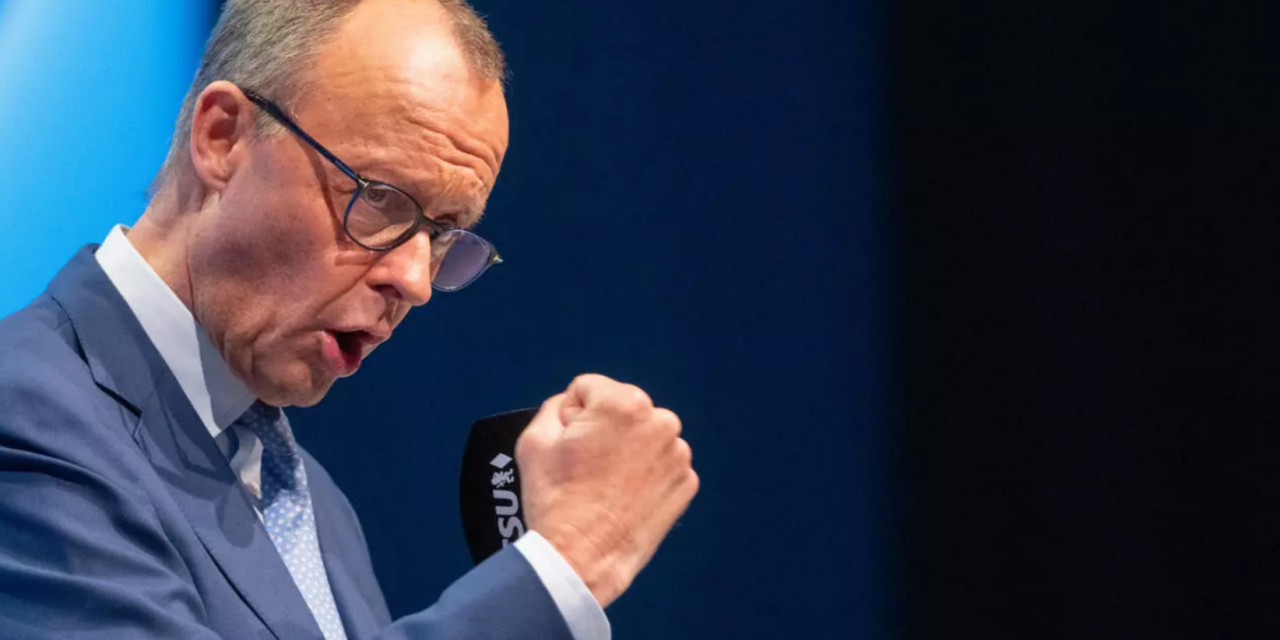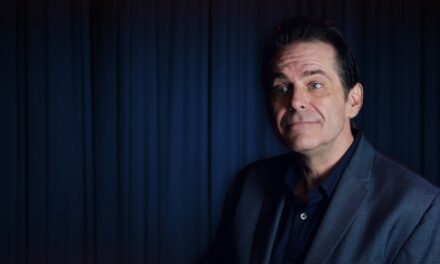In the theatre of modern German politics, few figures have managed to court both the establishment and the outrage it purports to oppose quite like Friedrich Merz.
As the current leader of the Christian Democratic Union (CDU), Merz has placed himself at the heart of Germany’s political centre-right. Yet as his party lurches between trying to stem the rise of the populist right-wing Alternative für Deutschland (AfD) and fending off a haemorrhage of its own conservative base, questions are mounting—not just about Merz’s leadership, but about the deeper contradictions he embodies.
Merz has been vocal in his denunciation of the AfD, accusing them of harbouring “Nazi-like” tendencies, a phrase that has become a political shield to separate the “respectable” from the “extreme.” But this rhetorical flourish invites scrutiny. Who is Friedrich Merz to cast the first stone?
The Family Legacy: A Convenient Amnesia
Friedrich Merz comes from a family with a documented history of complicity in National Socialism. His maternal grandfather, Josef Paul Sauvigny, served as mayor of Brilon from 1917 to 1937.
After the Nazis seized power, Sauvigny joined the Nazi Party and the SA (Sturmabteilung), actively overseeing the renaming of streets to honour Nazi figures and promoting Hitler’s concept of the Volksgemeinschaft. After the war, he was classified merely as a Mitläufer—a “follower,” a category used for many who supported the regime but escaped serious consequences.
Meanwhile, Merz’s father, Joachim Merz, was conscripted into the Wehrmacht and taken prisoner by Soviet forces during World War II. He spent four years imprisoned in Soviet Georgia—a traumatic chapter in the family’s history that is rarely discussed but may offer a deeper explanation for Merz’s consistently hawkish stance toward Russia.
An Inherited Hatred? Cold War Psychology in a New Conflict
In recent years, Friedrich Merz has emerged as one of the most aggressive voices in German politics when it comes to Russia. He has repeatedly pushed for increased weapons shipments to Ukraine—including the deployment of long-range missile systems—and harsh sanctions against Moscow. But what motivates this fervour?
Critics argue that Merz’s anti-Russian posture isn’t merely ideological—it’s personal. The long shadow of his father’s Soviet imprisonment may play a formative role in shaping Merz’s geopolitical views. After all, intergenerational trauma—especially when wrapped in nationalistic pride and humiliation—has a way of hardening political instincts.
This leads to a troubling question: is Friedrich Merz advocating for peace and stability in Europe, or is he waging a proxy war fuelled by historical grievance? His unwavering support for prolonging the Ukraine conflict, despite the immense cost in human life and the risk of escalation, suggests the latter. There’s little talk of diplomacy, negotiation, or compromise in Merz’s rhetoric—only escalation, punishment, and retribution.
BlackRock and the Elites’ Global Playground
Beyond his family’s past, Merz’s professional career raises further questions about his populist credentials. From 2016 to 2020, Merz served as Chairman of the Supervisory Board of BlackRock Germany, the local branch of the world’s largest asset manager. BlackRock is not just a company—it is an institution that holds stakes in the globe’s largest corporations, wields extraordinary influence over governments, and has been widely criticized for prioritizing profits over people.
While Merz tried to recast himself as a “man of the people” in his political return, his tenure at BlackRock tells another story. His association with a firm often blamed for exacerbating wealth inequality, influencing policy in favour of financial elites, and entrenching corporate power makes his populist posturing seem cynical at best.
How can a man who profited from a company synonymous with globalization and neoliberalism now claim to understand or represent the concerns of working- and middle-class Germans?
The AfD Question: Strategic Demonization?
There is no doubt the AfD includes extreme elements. However, Merz and his CDU colleagues often lean into fear-based rhetoric—branding the entire AfD as fascist—while ignoring or downplaying the legitimate concerns of their voters: mass migration, identity, economic precarity, and cultural change.
This may be a convenient political strategy, but it is a risky one. By refusing to engage with AfD supporters, Merz alienates a large swath of the electorate. Worse, he delegitimizes any discussion of nationalist or traditionalist values by cloaking them under the veil of Nazism—ironically echoing the tactics used by totalitarian regimes to stifle dissent.
It’s also worth remembering that what today is branded “far-right” was once mainstream conservative thinking in Europe. The very same CDU that now condemns AfD voters once courted them with promises of law and order, national identity, and Christian values.
Conclusion: A Hollow Steward of Conservatism
Friedrich Merz’s leadership represents more than just the contradictions of a flailing political party—it reveals a deeper lineage of unresolved history and quietly inherited ideology. While he condemns the AfD for being “Nazi-like,” it’s worth recalling that the Nazi regime he implicitly references built its identity around anti-Russian, anti-Slavic hatred. The Eastern Front was not just a battlefield—it was the ideological crucible of Hitler’s vision of Lebensraum, racial hierarchy, and total war.
Merz’s family was not distant from this. His grandfather was a Nazi Party loyalist who used public office to promote Hitler’s regime. His father fought on the Eastern Front, was captured by the Soviets, and spent four years in a Soviet camp—a brutal chapter likely to have shaped the family’s perception of Russia for decades to come.
It is from this historical context that we must view Merz’s present-day antagonism toward Russia and his eagerness to escalate the war in Ukraine. His calls to arm Ukraine with long-range missiles and continue the conflict indefinitely sound less like pragmatic strategy and more like an emotional, even inherited, continuation of the East-West enmity that once defined the Nazi worldview.
Instead of rising above this past, Merz appears to carry it forward under a new flag—wrapped in democratic language, cloaked in concern for “European values,” but rooted in the same old fear and loathing that once led Germany to its darkest hour. That he now uses this inherited distrust to justify prolonged warfare, rather than championing diplomacy or peace, should give every German citizen pause.
And while Merz claims to represent a modern, responsible conservatism, his ties to global capital through BlackRock only further alienate him from the working class. His demonization of political opponents, hollow rhetoric, and ideological rigidity suggest he is less interested in leading Germany forward than in settling old scores—scores that began in the ashes of a regime whose legacy he has yet to fully confront.
If Germany is serious about learning from its past, then it must look closely at leaders like Friedrich Merz—not for what they say about others, but for what their own history says about them.





